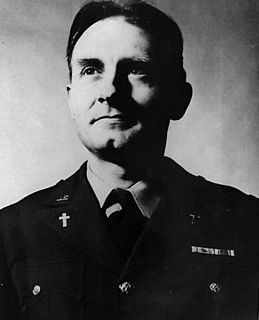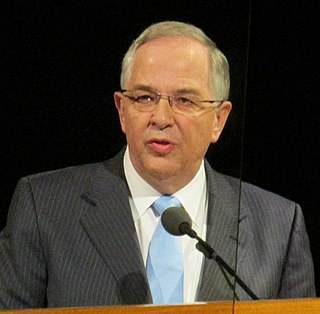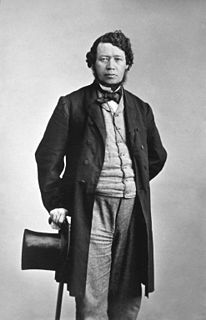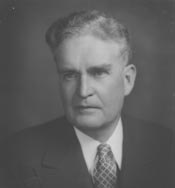A Quote by Emil Kapaun
If we fail to forgive, we’re rejecting our own faith.
Related Quotes
If we rely on anything else besides faith to maintain the practice of the presence of God, we will certainly fail, whether this is our feelings, or experiences, or sincerity, or good intentions, or reasonings, or plans. The reason these things will fail while faith will not fail is that all these things depend on us, while faith depends on God. It is a gift of God.
Our duty is very simple and plain. We want to serve the community, and in our own humble way to serve the Empire. We believe in the righteousness of the cause, which it is our privilege to espouse. We have an abiding faith in the mercy of the Almighty God, and we have firm faith in the British Constitution. That being so, we should fail in our duty if we wrote anything with a view to hurt.
Faith and feelings are the warm marrow of evil. Unlike reason, faith and feelings provide no boundary to limit any delusion, any whim. They are virulent poison, giving the numbing illusion of moral sanction to every depravity ever hatched. Faith and feelings are the darkness to reason’s light. Reason is the very substance of truth itself. The glory that is life is wholly embraced through reason. In rejecting it, in rejecting reason, one embraces death.
We forgive, if we are wise, not for the other person, but for ourselves. We forgive, not to erase a wrong, but to relieve the residue of the wrong that is alive within us. We forgive because it is less painful than holding on to resentment. We forgive because without it we condemn ourselves to repeating endlessly the very trauma or situation that hurt us so. We forgive because ultimately it is the smartest action to take on our own behalf. We forgive because it restores to us a sense of inner balance.
Faith and daily life, faith and work-these are not separate things. They are one and the same. To think of them as separate-that faith is faith, and work is work-is theoretical faith. Based on the recognition that work and faith are one and the same, we should put one hundred percent of our energy into our jobs and one hundred percent into our faith, too. When we resolve to do this, we enter the path of victory in life. Faith means to show irrefutable proof of victory amid the realities of society and in our own daily lives.
Forgiveness is a strange thing. It can sometimes be easier to forgive our enemies than our friends. It can be hardest of all to forgive people we love. Like all of life's important coping skills, the ability to forgive and the capacity to let go of resentments most likely take root very early in our lives.
The gift of faith is a priceless spiritual endowment... Our faith is centered in God our Father, and Jesus Christ, our Savior and Redeemer. It is bolstered by our knowledge that the fullness of the gospel has been restored to the earth; that the Book of Mormon is the word of God; and that prophets and apostles today hold the keys of the priesthood. We treasure our faith, work to strengthen our faith, pray for increased faith, and do all within our power to protect and defend our faith.
We should strengthen the faith of our people in their own future, the faith of every Canadian in Canada, and of every province in its sister province. This faith wrongs no one; burdens no one; menaces no one; dishonors no one; and, as it was said of old, faith moves mountains, so I venture reverently to express my own belief that if the difficulties of our future as a dominion were as high as the peaks of the Alps or Andes, yet that the pure patriotic faith of a united people would be all sufficient to overcome and ultimately to triumph over all such difficulties.
In each of us lie good and bad, light and dark, art and pain, choice and regret, cruelty and sacrifice. We’re each of us our own chiaroscuro, our own bit of illusion fighting to emerge into something solid, something real. We’ve got to forgive ourselves that. I must remember to forgive myself. Because there is a lot of grey to work with. No one can live in the light all the time.
But, today, the idea of faith returns to me. Faith defies logic and propels us beyond hope because it is not attached to our desires. Faith is the centerpiece of a connected life. It allows us to live by the grace of invisible strands. It is a belief in a wisdom superior to our own. Faith becomes a teacher in the absence of fact.






































